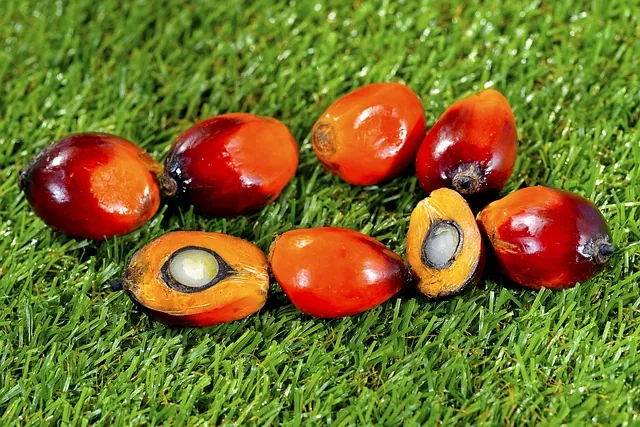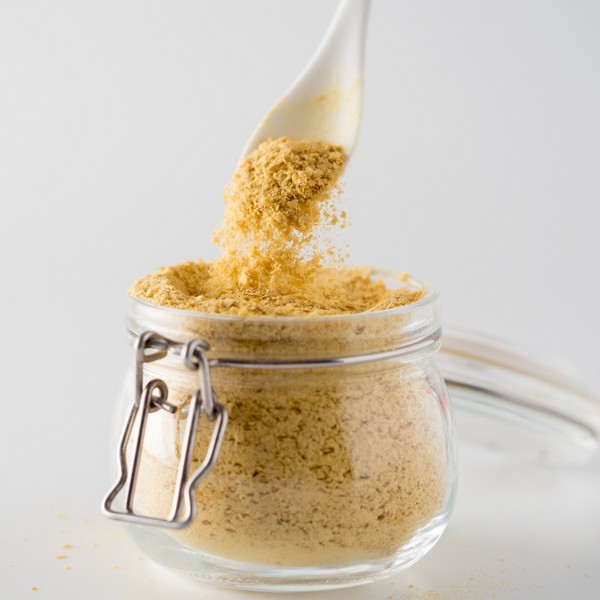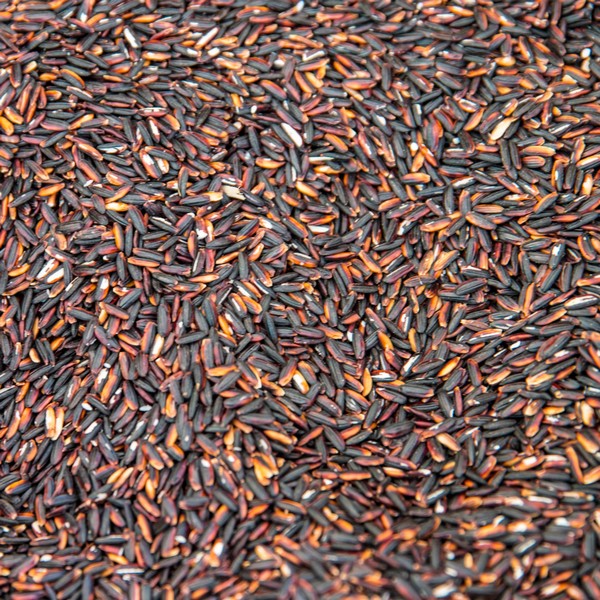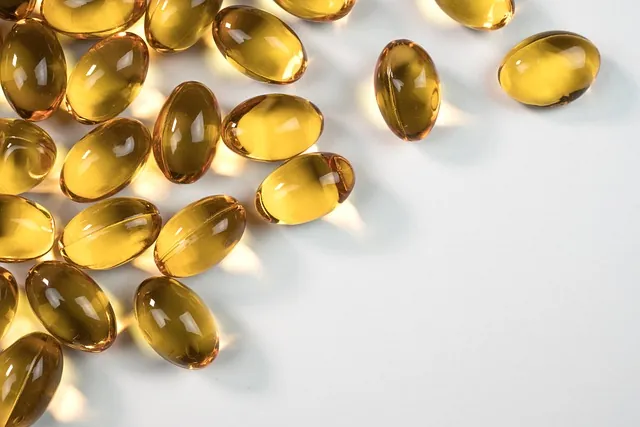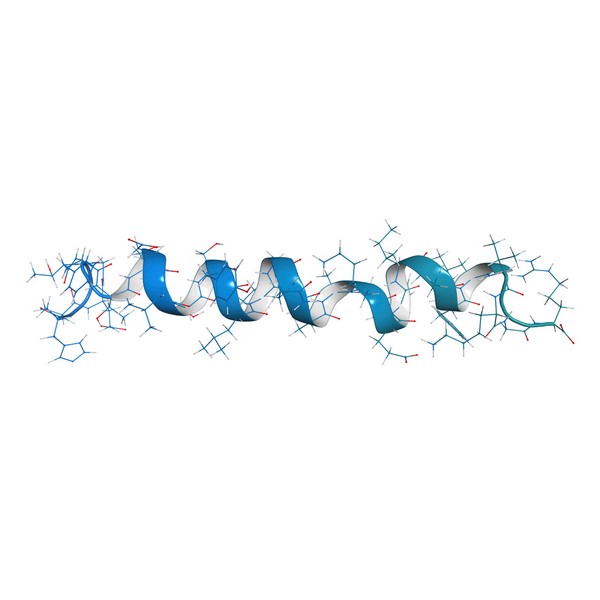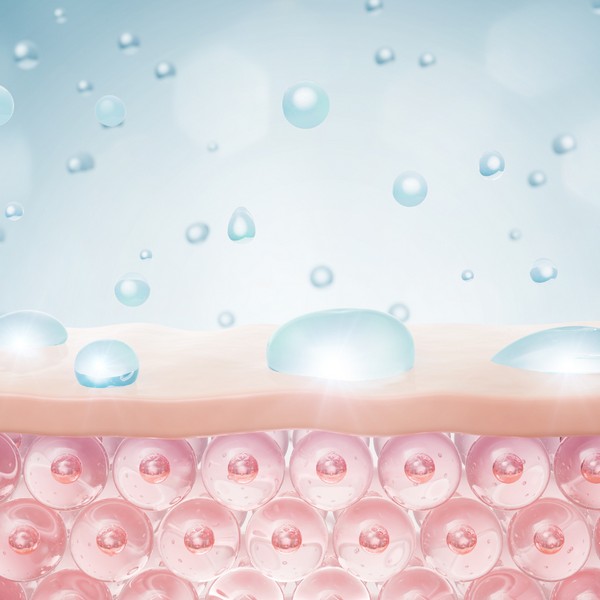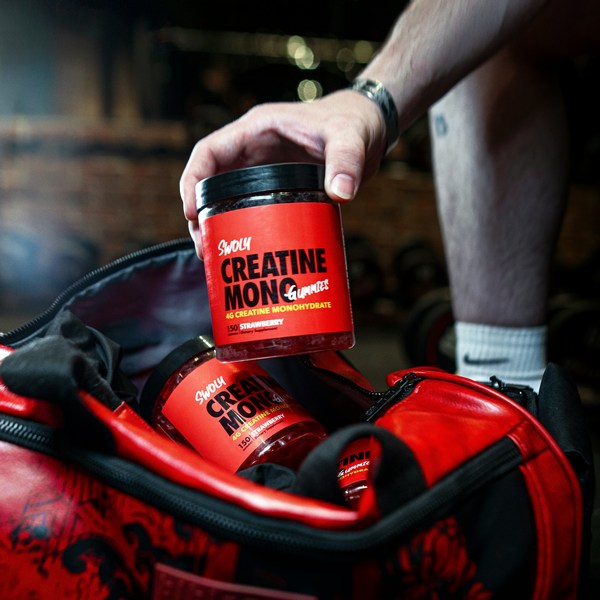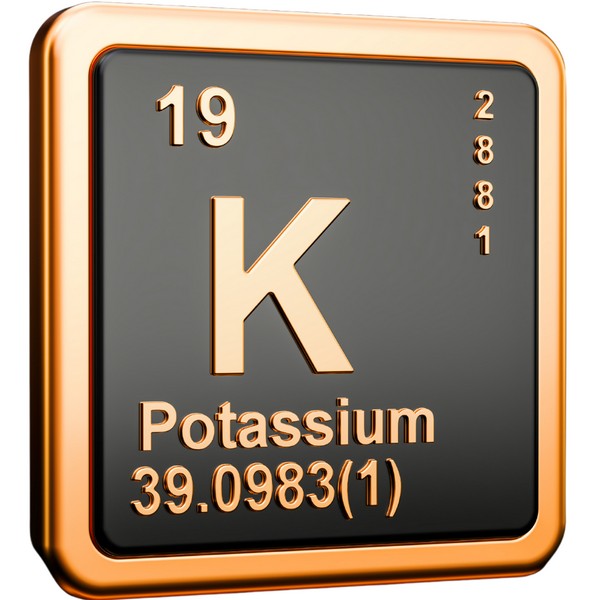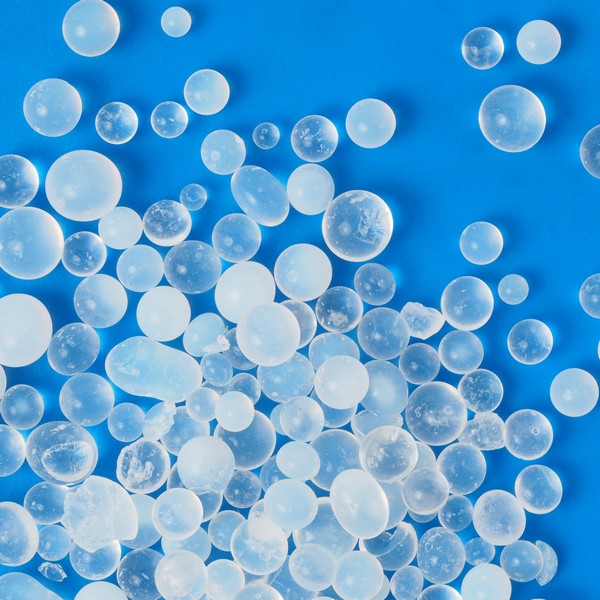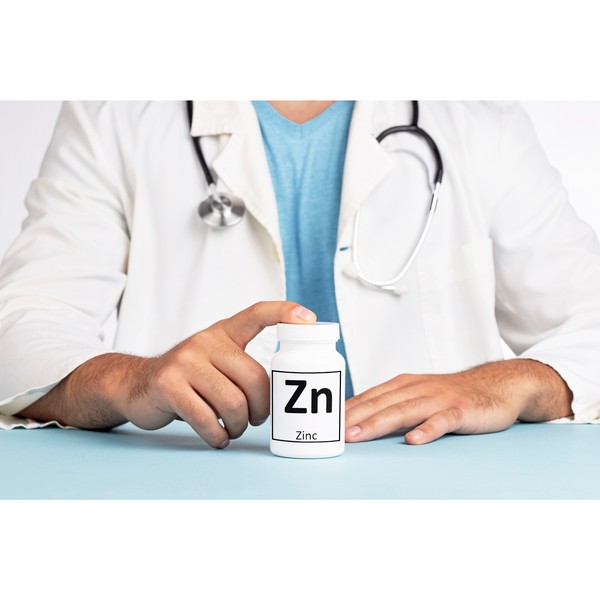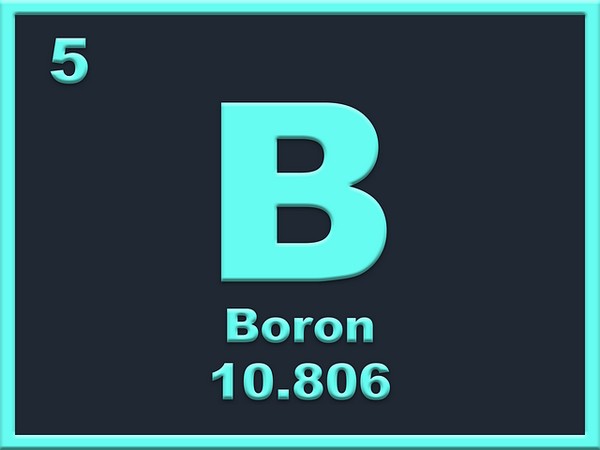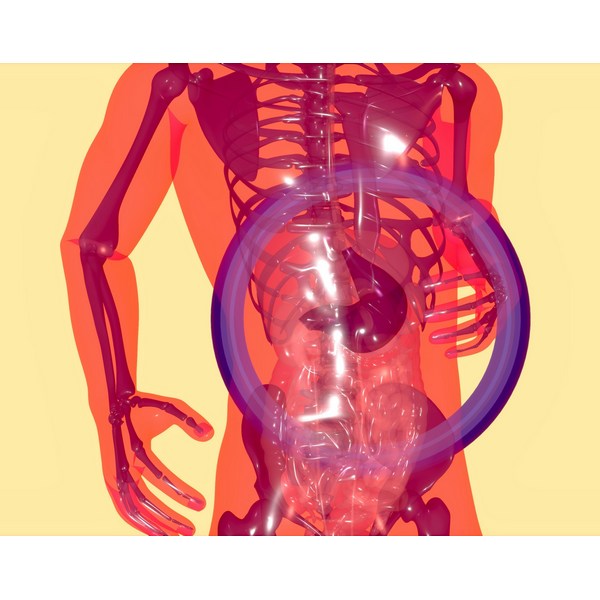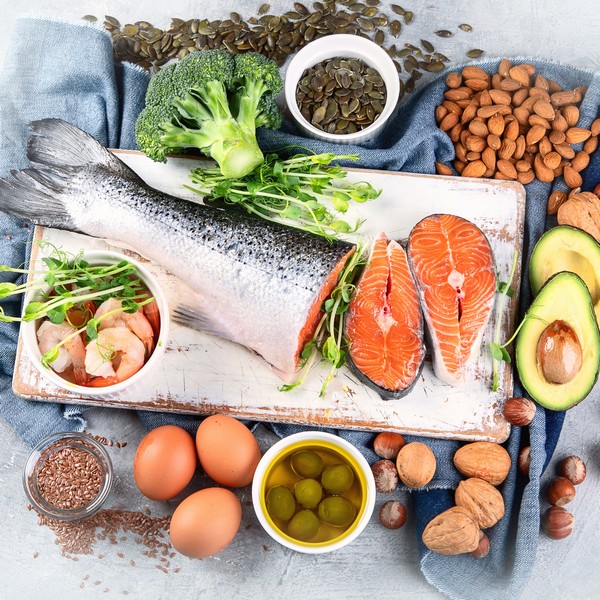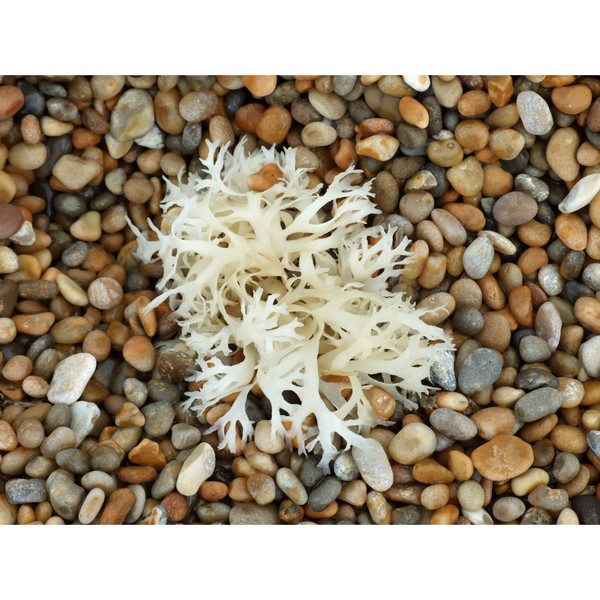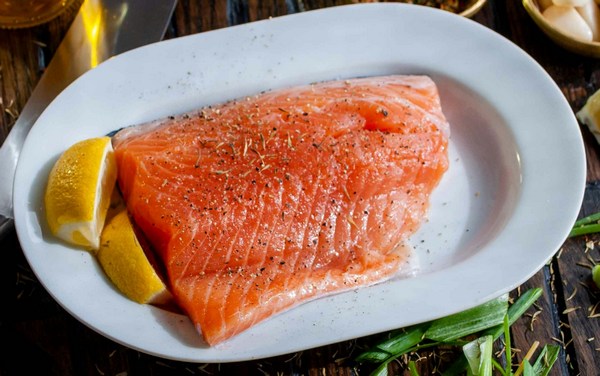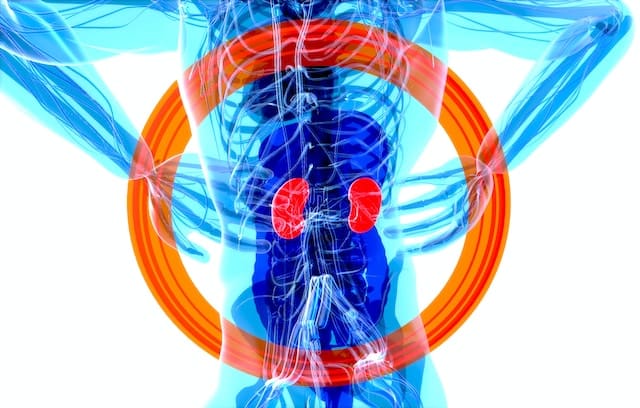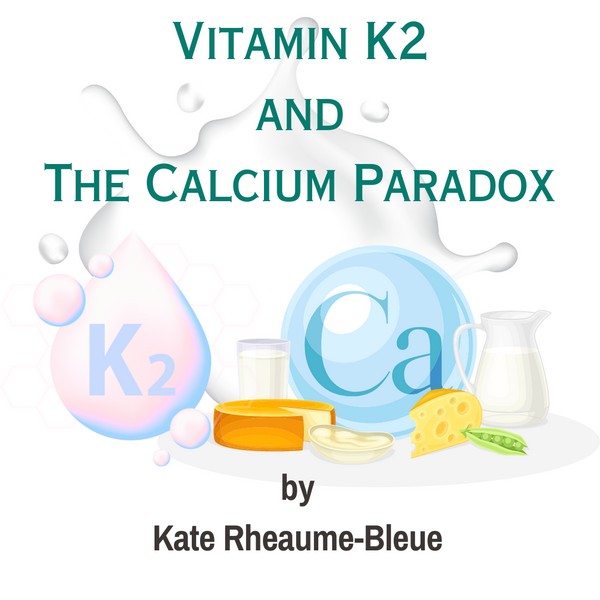Table of Contents
When it comes to seasoning our dishes, salt is a staple ingredient in every kitchen. However, not all salts are created equal.
While most of us are familiar with the popular regular refined table salt, there are healthier alternatives that often go overlooked — varied forms of unrefined sea salt.
Natural sea salt is a product that retains its mineral content, unlike its refined counterpart.
As an essential component of our diet, it’s crucial to understand how unrefined salt can contribute to balanced electrolytes and mineral levels in the body.
Furthermore, being aware of the possible harmful effects of table salt can lead to more informed choices and a healthier lifestyle.
The Health Benefits of Unrefined Sea Salt
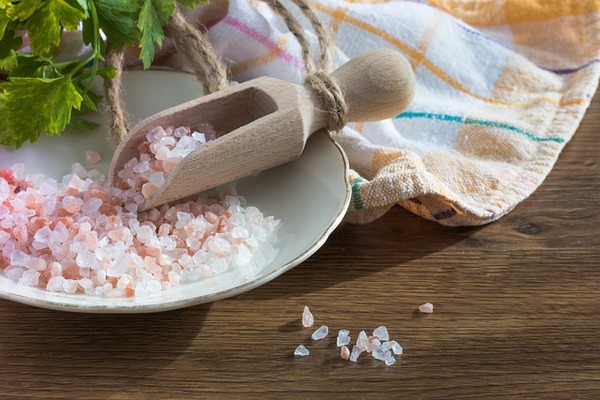
In contrast to refined salt, unrefined salt has numerous health benefits. It contains a variety of vital minerals and trace elements that support optimal hydration and energy levels.
Some of the primary advantages of unrefined salt include;
Electrolyte Balance
Electrolytes are essential minerals including sodium, potassium, magnesium, and calcium, which are crucial for maintaining fluid balance and proper cellular function.
Unrefined salt naturally contains these minerals, making it an excellent source for maintaining a healthy electrolyte balance.
Adding a pinch of unrefined salt into your water bottle, you can naturally replenish these electrolytes without relying on sugary or artificially flavored beverages. A well-balanced electrolyte system is essential for energy, hydration, and overall health.
Magnesium is necessary for over 300 biochemical reactions in the body. It plays a crucial role in muscle and nerve function, energy production, and regulating blood pressure.
Calcium is essential for strong bones and teeth, while potassium helps maintain proper fluid balance and supports heart health.
Mineral Content
Unrefined salt contains trace minerals that are often lacking in our modern diets due to processed foods and depleted soil quality. These minerals include zinc, iron, and iodine — all of which are vital for various bodily functions and overall health.
- Iodine — Is essential for thyroid health and regulating metabolism.
- Zinc — Supports immune function and wound healing.
- Iron — Helps transport oxygen throughout the body, while
Improved Hydration

We all know how important it is to stay hydrated throughout the day. However, simply drinking water may not be enough to maintain optimal hydration levels.
Proper fluid balance is essential for overall health, and unrefined salt can help maintain this balance.
The mineral content in sea salt helps regulate water levels in your body, ensuring that cells stay hydrated and functioning optimally.
This is especially important for athletes or individuals who engage in physical activities as they may lose significant amounts of electrolytes through sweat.
Unrefined salt aids in hydration by helping to retain water within the body cells. This can prevent dehydration and its associated symptoms like fatigue, dizziness, and dry skin.
So instead of reaching for sugary sports drinks or artificially flavored electrolyte beverages after a workout or on a hot day, consider adding a pinch of unrefined salt to your water bottle for natural electrolyte replenishment.
Adding a pinch of sea salt to your water can actually improve its hydrating effects.
Boosted Energy Levels
Feeling sluggish? There is a popular misconception that sugar gives you a quick rush of energy. The reality could quite possibly be the opposite.
Factor in the inflammatory effects of excess glucose and you will find sugar is the worst option for an energy bump. Unrefined salt might just be the boost your body needs.
The iron found in sea salt helps transport oxygen throughout the body, providing a much-needed energy boost. Whether you’re hitting the gym or simply trying to power through a busy day at work, adding some unrefined salt to your meals can give you that extra pep in your step.
Immune Support
In today’s fast-paced world, it’s more important than ever to support our immune systems. Zinc plays a crucial role in maintaining optimal immune function, and unrefined salt is a rich source of this essential mineral as well as selenium.
These minerals play a crucial role in supporting our immune system’s ability to fight off infections and diseases. Incorporating unrefined salt into your diet can give your immune system the support it needs to fight off illnesses and stay healthy.
Improved Digestion
Gut health is key to overall well-being, and unrefined salt can play a role in improving digestion. The chloride in sea salt helps stimulate the production of hydrochloric acid in the stomach, which aids in breaking down food and absorbing nutrients.
Additionally, the trace minerals found in unrefined salt can help balance gut bacteria and promote better digestion.
By improving digestion, sea salt can help alleviate symptoms such as bloating, gas, and indigestion. Furthermore, un refined sea salt contains trace minerals that can support the growth of beneficial bacteria in the gut.
These bacteria are crucial for maintaining a healthy digestive system and preventing issues such as constipation and diarrhea.
Sea salts and salt has been used for centuries to improve digestion and prevent common digestive issues such as constipation and diarrhea.
The minerals in sea salt stimulate the production of digestive enzymes, which aid in breaking down food effectively.
Additionally, sea salt helps maintain proper pH levels in the stomach, promoting a healthy environment for digestion.
Balanced pH Levels
The body functions best when it is in a state of balance, including maintaining proper pH levels. Unrefined salt can help with this by providing essential minerals that promote alkalinity in the body.
When our bodies become too acidic, it can lead to various health issues such as inflammation and weakened immune function. Consuming unrefined salt can help maintain a balanced pH level and support overall health.
Reduced Water Retention
Many people struggle with water retention, which can cause bloating and discomfort. Unrefined salt has natural diuretic properties that can help reduce water retention by increasing urine production.
This helps flush out excess fluids from the body and alleviate symptoms of bloating.
Heart Health Support
Potassium, one of the key minerals found in unrefined salt, plays a crucial role in heart health. It aids in regulating blood pressure by counteracting the effects of sodium, thus reducing strain on the cardiovascular system.
If you include sea salt in your diet, you can promote better heart function and potentially lower your risk of developing hypertension or other heart-related conditions.
Stronger Bones and Teeth
Calcium is a vital mineral for bone health, and unrefined salt contains small amounts of calcium. By consuming sea salt as part of a balanced diet, you can support the development and maintenance of strong bones and teeth.
This is especially important for individuals at risk of osteoporosis or other bone-related conditions.
Enhanced Nutrient Absorption
Proper nutrient absorption is essential for overall health and wellbeing. Unrefined salt helps enhance this process by providing key minerals that support nutrient uptake in the body.
When consumed alongside a nutritious diet, sea salt can help maximize the benefits you receive from your food.
Reduced Muscle Cramps
Muscle cramps are often caused by an imbalance of electrolytes in the body, particularly a lack of sodium and potassium. Sea salt is rich in these essential minerals, making it a natural remedy for reducing muscle cramps.
By replenishing your body with sea salt, you can ensure that your muscles are getting the necessary electrolytes to function properly and prevent painful cramping.
Environmental Impact
Choosing unrefined salt over regular table salt also has environmental benefits. The production of refined salt involves extensive mining and refining processes that can have negative impacts on ecosystems and water resources.
On the other hand, unrefined salt is harvested naturally from the ocean, reducing the carbon footprint associated with its production.
The Drawbacks of Refined Salt
On the other side of the spectrum, we have refined salt. Unlike pure sea salt, which is harvested naturally and minimally processed, table salt undergoes a refinement process that often removes the valuable minerals and adds unhealthy additives.
Loss of Essential Minerals
During the refining process, most of the essential minerals found in unprocessed salt are stripped away. This means that refined salt provides fewer health benefits than unrefined salt.
In addition to losing its mineral content, table salt is often fortified with iodine. While this may seem like a positive aspect, it’s important to note that the iodine added to refined salt is synthetic and not as easily absorbed by the body as other natural salt or sources of iodine.
Sodium Overload
Another drawback of refined salt is its high sodium content. Excessive sodium intake has been linked to numerous health issues such as high blood pressure, heart disease, and stroke.
There is a high likelyhood that everytime you come across a headline issuing a warning about the dangerous effects of salt intake, it is usually always in reference to refined table salt without being specific.
Sea salt, on the other hand, contains relatively lower levels of sodium chloride and a better balance of different types of minerals that can help regulate blood pressure.
Taste Matters

Aside from its nutritional drawbacks, many people find that regular table salt simply lacks complexity of flavors compared to unrefined salt.
The processing methods used for table salt can result in a harsh tastes that overpowers dishes rather than enhancing their flavors.
On the contrary, natural sea salt offers a more nuanced taste profile that can elevate unique flavor in any dish rather than masking it in saltiness.
Bleaching and Additives
Additives are commonly used in table salt to achieve its desired appearance and texture. The process involves bleaching the salt and incorporating anti-caking agents, while some brands even add sugar.
However, concerns have been raised about the potential impact of these additives on human health. These additives have raised concerns about their potential impact on human health.
Not only does regular table salt lack the nutritional benefits of sea salt, but it also falls short in terms of taste. The processing methods used for table salt often result in a harsh and overpowering flavor that can mask the true essence of a dish.
On the other hand, unrefined salt offers a more nuanced taste profile that enhances flavors without overpowering them.

When shopping for salt, look for the best salt, which retains the natural minerals and trace elements that benefit your health.
Typically obtained from ancient seabeds and available in a variety of textures, from coarse grains to ultra fine almost powder like consistency. Some popular options include;
Mined in the Salt Range mountains south of the Himalayas, Pakistan. Himalayan salt gets it pink color from the mineral content.
Celtic Salt is sun dried salt from ocean water off the coastal area near Brittany, France. It has a characteristic grey color
Redmond Real Salt is mined from an ancient seabed in Redmond, Central Utah, USA
Baja Gold Salt originates from sea water from the Sea of Cortez in Baja California, Mexico. The key difference with Baja Gold is its lower in sodium by nature. Thus its high mineral content surpasses that of Redmond Real salt, Himalayan Salt or Celtic Sea Salt.
In conclusion, switching to unrefined sea salt and using it thoughtfully can contribute to better electrolyte and mineral balance, promoting optimal energy and hydration.
Remember that moderation is key. Too much sodium, regardless of the source, can exacerbate high blood pressure and other health issues. The World Health Organization (WHO) recommends a daily sodium intake of less than 2,000 mg (approximately 1 teaspoon of salt).
Research Lee BH, Yang AR, Kim MY, McCurdy S, Boisvert WA. Natural sea salt consumption confers protection against hypertension and kidney damage in Dahl salt-sensitive rats. Food Nutr Res. 2016 Dec 20;61(1):1264713. doi: 10.1080/16546628.2017.1264713. Erratum in: Food Nutr Res. 2017 Mar 20;61(1):1300375. PMID: 28325999; PMCID: PMC5328355. Fenech, M., & El-Sohemy, A. (2011). Nutrigenetics and nutrigenomics: Viewpoints on the current status and applications in nutrition research and practice. Journal of Nutrigenetics and Nutrigenomics, 4(2), 69-89. Grembecka, M. (2015). Natural antioxidants. Reprint edition. BoD – Books on Demand. Kurokawa, T., Shimada, S., Sugiyama, S., Takemura, Y., & Hirata, H. (2018). Effect of daily salt intake on electrolyte levels and blood pressure among healthy adults. Hypertension Research, 43(4), 259-266. Li, M. F., Zhao, C. C., & Li, Y. (2016). Effects of unrefined sea salt on blood pressure and cardiovascular health: A systematic review and meta-analysis. Hypertension Research, 39(3), 171-179. MacGregor, G. A., & de Wardener, H. E. (2017). Salt, diet and health: Neptune’s poison? Postgraduate Medical Journal, 93(1096), 114-117. Mastrocola, R., Nigro, D., Chiazza, F., Medana, C., Dal Bello, F., Boccuzzi, G., ... & Collino, M. (2015). High sugar intake and development of skeletal muscle insulin resistance and inflammation in mice: a protective role for dietary salt. Scientific Reports, 5, 1-16. McEwen, B. S., & Seeman, T. E. (1999). Allostatic load and allostasis. In A. R. Goldberger, L. Breznitz, & J. Storaasli (Eds.), Handbook of stress: Theoretical and clinical aspects (pp. 629-649). CRC Press. Morimoto, A., Uzu, T., Fujii, T., Nishimura, M., Kuroda, S., Nakamura, S., ... & Kimura, G. (2011). Sodium sensitivity and cardiovascular events in patients with essential hypertension. The Lancet, 378(9791), 383-391. Salas, M., & Hu, F. B. (2012). Dietary patterns, lifestyle, and cardiovascular health. Current Atherosclerosis Reports, 14(6), 612-621. Stein, A. D., Wang, M., Martorell, R., Norris, S. A., Adair, L. S., Bas, I. Ü., ... & Fall, C. H. (2010). Growth patterns in early childhood and final attained stature: Data from five birth cohorts from low-and middle-income countries. The American Journal of Human Biology, 22(3), 353-359. Tellez, P. L., & Daviglus, M. L. (2008). Dietary patterns, food groups, and nutrients as predictors of blood pressure: Results from the Chicago Western Electric Study. Hypertension, 52(5), 842-849. Touyz, R. M., & Dominiczak, A. F. (2017). Hypertension guidelines: Is it time to reappraise blood pressure thresholds and targets? Hypertension, 70(1), 19-20. Tsai, A. G., Uc, E. Y., & Caffrey, H. M. (2015). Influence of salt concentration on the in vitro release of sodium from a drug delivery system in the presence of serum proteins. Journal of controlled release, 215, 133-141. Umesawa, M., Iso, H., Date, C., Yamamoto, A., Toyoshima, H., Watanabe, Y., ... & Kikuchi, S. (2011). Relations between dietary sodium and potassium intakes and mortality from cardiovascular disease: The Japan Collaborative Cohort Study for Evaluation of Cancer Risks. The American Journal of Clinical Nutrition, 93(4), 663-670. van Vliet, P., & Steyn, H. S. (2011). Salt intake and blood pressure in children. Hypertension, 37(2), 410-414. Welch, A. A. (2012). Nutrient intake, nutritional status, and cognitive function with aging. Annals of the New York Academy of Sciences, 977(1), 123-132. Williams, A. (2011). Sodium, potassium, and blood pressure. Hypertension, 36(6), 885-889. Xie, Z., & Askwith, C. (2017). The effect of salt on an epithelial sodium channel: The role of the carboxyl terminus. Hypertension, 39(3), 184-190. Yatabe, M. S., Ikeda, Y., Suzuki, H., Takahashi, N., Hamaoka, T., Matsudaira, T., ... & Miyake, Y. (2014). High salt intake does not affect plasma ionized magnesium concentration in subjects with an excessive dietary salt intake. The Journal of Nutrition, 144(7), 1127-1132. Carapeto C, Brum S, Rocha MJ (2018) Which Table Salt to Choose? J Nutr Food Sci 8: 701. doi: 10.4172/2155-9600.1000701 Apurbo Sarker, Arittra Ghosh, Kinsuk Sarker, Debojyoti Basu and Prof. Dr. Dhrubo Jyoti Sen, Halite; The Rock Salt: Enormous Health Benefits Department of Pharmaceutical Chemistry, Shri Sarvajanik Pharmacy College, Gujarat Technological University, Arvind Baug, Mehsana-384001, Gujarat, India https://wjpr.s3.ap-south-1.amazonaws.com/article_issue/1480495868.pdf Dorna, M. de S. and Seki, M. M. (2022). Consumo de Sal do Himalaia e Sal de Mesa entre Indivíduos Hipertensos. Arquivos Brasileiros de Cardiologia, 118 (5), Sociedade Brasileira de Cardiologia., pp.883–884. doi:10.36660/abc.20220243. Welch, R.M., 2005. Harvesting health: agricultural linkages for improving human nutrition. Micronutrients in south and Southeast Asia, pp.9-10. Fayet-Moore, F., Wibisono, C., Carr, P., Duve, E., Petocz, P., Lancaster, G., … Blumfield, M. (2020). An Analysis of the Mineral Composition of Pink Salt Available in Australia. Foods, 9(10), 1490. doi:10.3390/foods9101490 Krebs-Smith SM, Guenther PM, Subar AF, Kirkpatrick SI, Dodd KW. Americans do not meet federal dietary recommendations. J Nutr. 2010 Oct;140(10):1832-8.. Epub 2010 Aug 11. PMID: 20702750; PMCID: PMC2937576. https://doi.org/10.3945/jn.110.124826 Soetan, K.O., Olaiya, C.O. and Oyewole, O.E., 2010. The importance of mineral elements for humans, domestic animals and plants: A review. African journal of food science, 4(5), pp.200-222. Shankar, A.H., 2020. Mineral Deficiencies. Hunter’s Tropical Medicine and Emerging Infectious Diseases, [online] pp.1048–1054. https://doi.org/10.1016/b978-0-323-55512-8.00145-9. Borwankar R, Sanghvi T, Houston R (2007) What is the extent of vitamin and mineral deficiencies? Magnitude of the problem. Food Nutr Bull 28:S174–S181 http://foodandnutritionbulletin.org/FNB/index.php/FNB/issue/view/138 Broadley MR, White PJ, Bryson RJ, Meacham MC, Bowen HC, Johnson SE, Hawkesford MJ, McGrath SP, Zhao F-J, Breward N, Harriman M, Tucker M (2006) Biofortification of UK food crops with selenium. Proc Nutr Soc 65:169–181 http://dx.doi.org/10.1079/PNS2006490
6 Best Natural Ways to Manage Your Blood Sugar: A Quick & Easy Guide
1. Intermittent fasting2. Exercise3. Dietary fiber4. Sleep5. Weight loss6. SupplementationBioclinic NaturalsPGX BiotiquestSugar Shift Every time you eat it, it’s plotting something sinister. Sugar isn’t as…
Red Palm Oil: Unveiling The Potent Health Benefits
Struggling to find the right oil for your health and kitchen? Red palm oil is packed with nutrients that might just be what you need….
Benefits of Nutritional Yeast
Key Takeaways Nutritional yeast is a rich source of vitamins and minerals. It supports immune function and promotes skin health. Its cheesy flavor makes it…
Calcium Supplements: What You Need to Know
Key Takeaways Calcium supplements have been linked to heart disease and kidney stones. Excess calcium from supplements can lead to imbalances and health issues. Natural…
Actual Superfoods: Real Foods You Should Be Eating
Key Takeaways Superfoods are nutrient-dense foods, offering essential vitamins, minerals, and fats. Prioritize high-quality sources for optimal nutrition. They support overall health, boost energy, and…
How Stabilized Rice Bran Supports Digestive & Heart Health
Key Takeaways – Stabilized rice bran is a nutrient-rich source of vitamins, minerals, and antioxidants. – The stabilization process prevents rancidity, making it a long-lasting…
Protein: You probably need more
Key Takeaways Protein is needed for building and repairing body tissues. It supports muscle growth, immune function, and hormone production. Bioavailable sources of protein include…
How Cod Liver Oil Can Transform Your Health and Wellness
Cod liver oil has been used for centuries as a natural remedy for various health conditions. Packed with essential nutrients and fatty acids, cod liver…
Increase GLP-1 Agonists Naturally
Key Takeaways: GLP-1 agonists regulate appetite, insulin production, and blood sugar levels. Regular exercise and quality sleep maintain optimal GLP-1 levels. High-protein, low-carb diets effectively…
Vitamin A (Retinol): Essential Nutrient for Health
Key Takeaways: Natural Vitamin A, also known as Retinol, is crucial for vision, immune function, and skin health. Retinol is essential for healthy vision, particularly…
How Collagen Supports Healthy Skin, Joints, and More
Key Takeaways Collagen is the most abundant protein in the body, supporting the structure of skin, bones, and connective tissues. It helps maintain skin elasticity,…
Creatine Myths Debunked: Separating Fact from Fiction
Key Takeaways Common myths about creatine, such as it causing kidney damage, weight gain, and being a steroid, are widespread but unsupported by scientific evidence….
Iron Overload: Symptoms & Prevention Tips
Key Takeaways: Iron overload happens when the body absorbs excessive iron, which can damage organs. Common symptoms include fatigue, joint pain, and skin changes. Early…
13 Most Dangerous Foods Revealed
Key Highlights Fugu, or pufferfish, is one of the most poisonous foods in the world, with its organs containing a neurotoxin that can paralyze motor…
Magnesium: Better Sleep, Stress Relief and More
Grains & Legumes Secretly Harming Your Health? Find Out Now!
Key Takeaways: – Grains and legumes contain antinutrients like lectins and phytic acid, which can interfere with nutrient absorption. – These foods may trigger digestive…
Is Eating Sugar Really That Bad For Your Health?
Should You Really Be Concerned? In short, YES! Thank you, that’s all folks, and do have a good evening. Seriously though, extensive research has established…
Do This! The Ultimate Guide to Fasting Safely and Effectively
In our increasingly busy lives, finding time to take care of our bodies can often take a backseat. One method that has gained attention recently…
The Impact of Ultra-Processed Foods on Your Wellbeing
Every bite we take is a step toward either wellness or illness. In our fast-paced world, ultra-processed foods have become a staple, silently shaping our…
Tallow: Benefits, Uses, and Nutrition
Key Takeaways: Tallow is a nutrient-rich animal fat with many practical uses. It contains valuable vitamins such as A, D, E, and K. Tallow is…
Potassium: Benefits & Sources
Key Takeaways Potassium is essential for regulating fluid balance, nerve signals, and muscle function. It supports heart health and helps maintain proper blood pressure. Adequate…
Silica: for Healthier Skin, Hair, and Nails
Key Takeaways: Silica supports strong and healthy skin, hair, and nails. It promotes bone health by boosting collagen production. Silica helps improve joint flexibility and…
Zinc Supplements: Risks and Dangers
Key Takeaways Zinc supports immunity, wound healing, and cell growth. High zinc supplement doses can cause health problems. Always consult a healthcare provider before taking…
Medium Chain Triglycerides (MCTs): Uncovering 5 Health Benefits
This potent, natural source of energy has gained considerable attention in recent years for its impressive array of benefits. MCT oil is a versatile addition…
Conjugated Linoleic Acid (CLA): Benefits & Sources
Key Takeaways CLA is a type of fatty acid found primarily in animal products like beef and dairy. Known for potential benefits such as weight…
Copper: Little-Known Health Benefits
Key Takeaways Copper is an essential trace mineral with benefits, including ceruloplasmin production, energy production and antioxidant properties. Copper is critical for brain health by…
5-HTP: Natural Ways to Boost Serotonin and Improve Mood
Key Takeaways: 5-HTP is a natural compound that helps boost serotonin levels in the brain. It can support mood regulation, sleep improvement, and stress reduction….
Boron: Benefits of a Lesser-Known Mineral
Key Takeaways Boron is a trace mineral with significant health benefits. It supports brain function, bone health, and hormonal balance. Understanding boron’s role can improve…
Natural Treatment for Irritable Bowel Syndrome (IBS): Effective Remedies Explored
Understanding IBSSymptoms of IBSRole of Diet in IBSNatural Remedies for IBSSupplements for IBSRole of Probiotics in IBSFrequently Asked Questions Understanding IBS Irritable Bowel Syndrome (IBS)…
TUDCA Benefits for Health
Liver: 5 Surprising Benefits Backed by Science
Hold on! Don’t run away! You need to read this. Liver is a highly nutritious organ meat that is often overlooked in modern diets. Packed…
Vitamin E Complex
Key Takeaways Vitamin E is a powerful antioxidant that protects cells from oxidative damage, reducing the risk of chronic diseases. The vitamin E complex includes…
ALA vs. DHA & EPA Omega-3: Why Source Matters
Key Takeaways ALA (Alpha-Linolenic Acid) is found in flaxseeds, chia seeds, and walnuts, but converts poorly to DHA and EPA. DHA and EPA are critical…
Carnivore Diet: Benefits, Risks, Food List & More
Key Takeaways The carnivore diet is a keto diet that only allows for animal-based foods, and has potential health benefits. Tips for success include hydrating,…
Postbiotics: What They Are and Why They Are Important
Key Takeaways Postbiotics 101: They’re beneficial by-products from probiotics that consume prebiotics Boosts Immunity: Postbiotics sharpen your immune system, helping fight off pathogens and reducing…
L-Glutamine and Gut Health: Benefits and Side Effects
Key Takeaways L-Glutamine is essential for gut health. Benefits include improved digestion and reduced inflammation. Potential side effects are rare but can occur in high…
8 Key Signs of Nutrient Deficiency
Key Takeaways Magnesium: A multitasker that aids in over 300 biochemical reactions in the body. Copper: Supports neurological function, cardiovascular and immune system health, iron…
Trimethylglycine TMG: Betaine Anhydrous Explained
Key Takeaways Betaine Anhydrous (TMG) is a compound found naturally in various foods and offers several health benefits. TMG supports liver health by reducing fatty…
Taurine: The Mighty Amino Acid for Optimal Health
Key Takeaways Taurine supports heart health, regulates blood pressure, and reduces oxidative stress. Essential for muscle function, brain health, and cognitive function. Aids in insulin…
Cholesterol Misconceptions: Separating Fact from Fiction
Key Takeaways: High inflammation and blood pressure are major risk factors for heart disease. Cholesterol is vital for hormone production, cell membrane structure, and digestion,…
L-Carnitine: Benefits, Dosage, and Side Effects
Key Takeaways L-Carnitine supports fat metabolism and energy production. Benefits include enhanced exercise performance and improved heart health. Proper dosing minimizes potential side effects. Understanding…
Bee Pollen: Nature’s Secret Superfood
Key Takeaways Bee pollen is packed with essential nutrients and offers numerous health benefits. It supports immune function, boosts energy, and promotes overall well-being. Adding…
CoQ10: What Is It and Why Is It Important?
Key Takeaways CoQ10 (Coenzyme Q10) is an antioxidant produced by the body, essential for energy production in cells. Levels of CoQ10 naturally decrease with age…
Allulose: The Best Sugar Alternative
Key Takeaways Allulose is a low-calorie sweetener found naturally in some fruits. It does not raise blood sugar levels, making it suitable for diabetics. Allulose…
11 Electrifying Health Benefits of Trace Minerals
What are Trace Minerals?The Major Roles of Trace MineralsSources of Trace MineralsDeficiencies in Trace MineralsThe Impact of Trace Minerals on Specific Health ConditionsFrequently Asked Questions…
Eggs: A Comprehensive Guide
Key Highlights Eggs are a nutritional powerhouse, containing all the essential vitamins and minerals needed for overall health. Vital role in a balanced diet, providing…
Benefits of Sea Moss Explained
Key Takeaways Rich in Nutrients: Sea moss is packed with essential vitamins, minerals, and antioxidants, supporting overall health and wellness. Supports Immune Function: Its high…
Berberine Has 11 More Incredible Benefits Than You Thought
Berberine is a compound found in several plants that has been used for centuries in traditional Chinese medicine and Ayurveda. It has recently gained popularity…
Keto Diet 101: A Complete Beginner’s Guide
Key Highlights The ketogenic diet is a low-carb, high-fat diet that can lead to weight loss and has many health benefits. By reducing carbohydrate intake…
Healthy Fat: is Butter Better?
Key Takeaways Saturated fats, like those found in butter, may not be as harmful as once thought and can be part of a healthy diet….
Spirulina: Health Benefits and Uses
Key Takeaways Spirulina boosts immune function with its high nutrient content and antioxidant properties. Rich in proteins and essential vitamins, enhances overall nutrition. Helps reduce…
5 Major Benefits of Omega-3 Fatty Acids
Key Takeaways Omega-3 fatty acids support heart health by reducing triglycerides and lowering blood pressure. They play an important role in brain function and development,…
Whole Food Vitamin C Complex: Expert Tips for Health
Key Highlights Whole food vitamin C complex is essential for a strong immune system and overall health. Unlike synthetic ascorbic acid, whole food vitamin C…

